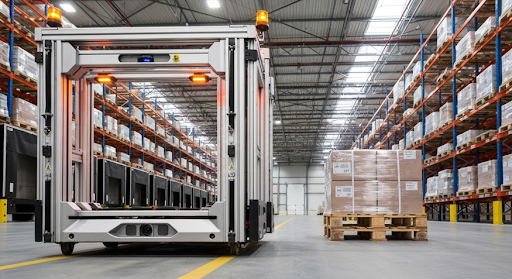Data Historian is a powerful data storage solution that offers a variety of advantages over traditional databases and other methods of storing data. With its advanced features, it allows users to easily access massive amounts of historical data in a very short amount of time, allowing them to make well-informed decisions about the operations they are running. Additionally, the data historian is incredibly reliable and secure, providing peace of mind for companies who need to store large amounts of valuable information. Moreover, it provides a secure and dependable way to store vast quantities of data for extended periods without ever compromising the performance of the system.
In this article, we will explore the utility of a Data Historian and how it differs from other types of databases such as traditional relational databases or popular NoSQL databases. A Data Historian is a specialized database that is specifically designed for collecting, storing, and analyzing the vast amounts of time-series data generated by industrial devices and processes. This type of database is well suited to store large volumes of data in an organized manner that allows for quick access and analysis. In this article we will be looking at the advantages of implementing Data Historians in your organization, and how they can help you make more informed decisions by providing insights into your historical data. We will also provide best practices that you can follow to ensure that Data Historians are successfully incorporated into your organizational processes and procedures for maximum benefit.





